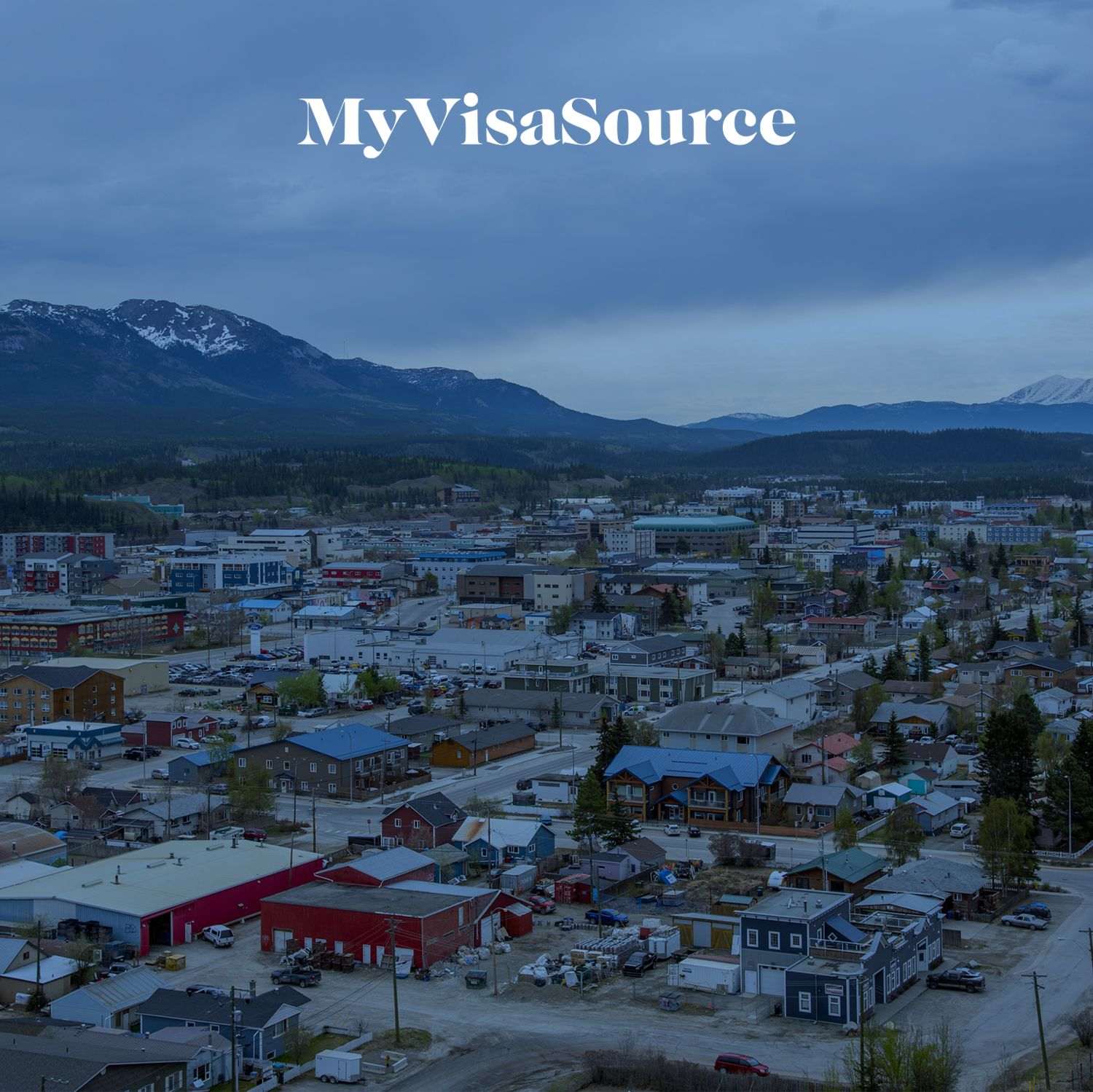There are several pathways one might take to immigrate to Canada. The most common and popular is the federal Express Entry system. Most immigrants want to settle in the metropolitan areas in Canada and therefore, they apply through the Express Entry system. However, this also means that the process becomes more competitive and the minimum Comprehensive Ranking System (CRS) score required also keeps increasing.
For immigrants who are on the lookout for semi or low-skilled jobs, the Express Entry system is not a good option. Therefore, it is time to consider an alternative such as the Rural and Northern Immigration Pilot (RNIP).
What Is the Rural and Northern Immigration Pilot (RNIP)?
The Rural and Northern Immigration Pilot (RNIP) was designed to encourage economic immigration to the rural and northern areas in Canada. These communities require semi-skilled and skilled foreign workers who can permanently settle there and join the workforce to sustain economic development.
Are There Jobs In Rural and Northern Canada?
Not only do these communities have employment opportunities with competitive wages, but they also have a low cost of living, affordable housing, and less traffic. This enables them to offer a peaceful living environment amid Canada’s untouched natural wilderness.
The RNIP is a community and employer-driven program. That means that applicants require a valid job offer from an employer in the community and also a recommendation from that community. The applicant’s ability to adapt to that environment and integrate into the community will also be judged. Once the applicant meets both community and federal requirements, they will be approved for Canadian permanent residence.
Which Communities Are Participating in the RNIP?
Currently, 11 communities across 5 provinces are participating in this pilot to offer an immigration pathway to foreign workers who may want to settle in these areas.
|
RNIP Communities |
Status |
|
West Kootenay (Trail, Castlegar, Rossland, Nelson), BC |
Accepting Applications |
|
Vernon, BC |
Accepting Applications |
|
North Bay, ON |
Accepting Applications |
|
Sudbury, ON |
Accepting Applications |
|
Timmins, ON |
Accepting Applications |
|
Sault Ste. Marie, ON |
Accepting Applications |
|
Thunder Bay, ON |
Accepting Applications |
|
Claresholm, AB |
Accepting Applications |
|
Brandon, MB |
Accepting Applications |
|
Altona/Rhineland, MB |
Accepting Applications |
|
Moose Jaw, SK |
Accepting Applications |
These RNIPs will be open until December 31, 2022. Each community has its unique eligibility requirements. However, all applicants will be required to have a job offer for an occupation that is in demand in that respective community. Certain communities also have designated employers that hire foreign workers.
In addition to that, to obtain permanent residence, the applicant will have to meet certain requirements by the Immigration, Refugees and Citizenship Canada (IRCC), including:
- Having qualifying work experience and education experience in the respective community
- Demonstrate language proficiency in English or French
- Have the required education level
- Have sufficient funds to resettle in the respective community with your family
- Meet the community-specific requirements


















